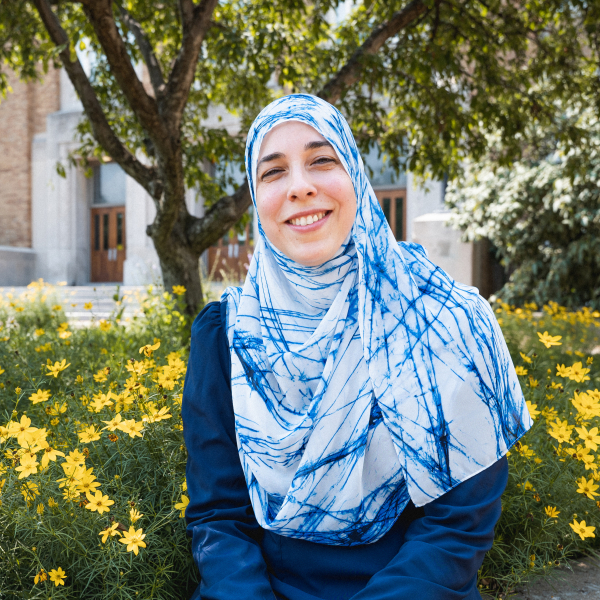Rowhea Elmesky understands education as a primary mechanism for creating more socially just communities and perceives research as a critical vehicle for bringing the voices of those traditionally silenced into the field. She is committed to critical and collaborative research models that interlink theory and practice in ways that transform teaching and learning contexts, schools, neighborhoods, and communities.
For two decades, Rowhea has been involved in research activities that are focused upon understanding how education, and specifically, science education can be a transformational force in the lives of culturally marginalized and economically disadvantaged children. Her work considers the ways in which cultural and social capital, material and human resources, as well as ideology from social fields outside of schools—shape the events unfolding inside of schools and while curriculum is enacted within classrooms. Although her content area training and curriculum focus is science (specifically physics), Rowhea's research and teaching is centered on studying the sociocultural dimensions of urban educational contexts so as to improve marginalized students' access to an education that is supportive of their overall physical, emotional, and social wellbeing as well as conducive to the development of their academic identities. She is fully committed to research that catalyzes change and transforms urban schools and communities.
Her roles as a faculty affiliate of the Interdisciplinary Program in Urban Studies & Center on Urban Research and Public Policy, as a faculty scholar for the Institute for Public Health and as a faculty fellow with the Institute for School Partnership speaks to her recognition across campus as a scholar who engages urban science education in an interdisciplinary, community-focused manner.
Rowhea works directly with school districts to engage in research that is responsive to stakeholder concerns and catalytic in affecting real change. Prior to arriving at Washington University, she completed a three year postdoctoral program at the University of Pennsylvania where she and an expansive research team worked together with various schools (neighborhood, charter, magnet) within the Philadelphia area. Out of this project, she developed a research database of video, audio and written artifacts from inner city high school chemistry and physics classrooms and has followed some of the student and teacher researchers in a longitudinal manner for twenty years. Rowhea’s work in the northeast resulted in a co-edited book, Improving urban science education: New roles for teachers, students and researchers, which won the Choice Award for Outstanding Academic titles in 2006. She is writing a manuscript to share a narrative of the longitudinal documentation of those involved in the study, entitled, Black Youth Rising Above Systemic Violence in Education and STEM: Listening and Learning From their Longitudinal Stories.
Rowhea is additionally working on another longitudinal critical ethnographic research study, in the midwest, “Cogenerating a Community of Trust, Respect and Shared Responsibility," where over the past six years, she has been working collaboratively with a local school district to utilize research as a catalyst to lead a school-driven, cultural change initiative at the secondary level. This work has facilitated and supported the transformation of a high school in the district from an institution that was once aligned with punitive policies to one focused on relationships, student wellness, and a schoolwide restorative culture.
As her work has expanded to include international perspectives, she is the lead editor on a recently published (2017) volume entitled, The Power of Resistance: Culture, Ideology and Social Reproduction in Global Contexts, which was dedicated to sharing research being done within communities suffering from inequality, uneven opportunity, and oppression in global contexts.
Rowhea perceives research as a critical vehicle to bringing the voices of those traditionally silenced into the field. She is a scholar who understands education as a primary mechanism for creating more just communities, and a qualitative researcher who values critical and collaborative research models that interlink theory and practice in ways that can transform teaching and learning contexts, schools and neighborhoods.


